When we decided to go to the GDC this year, we knew we wanted to give out access codes to Exploit: Zero Day when we spoke to people. The easiest way to give out a code to EZD is with a link that includes the code and will guide the player to register, then apply the code.
I set out to create labels containing both a QR code and a shortlink that could be affixed to the back of our business cards. It took quite a bit of trial and error to make this process smooth, but a combination of a Google Spreadsheet, Excel, and Microsoft Word 2013/365 got the job done. Unfortunately, this process won't work with Word 2007 or 2010.
All this work is worth it, though, to have the back of my business card look like this:
Join me on this sweet and technical ride of mail merging.
...

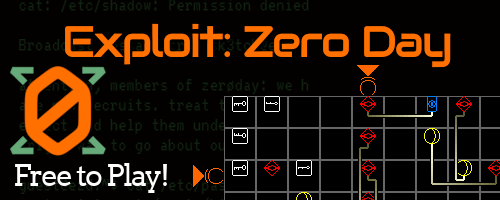



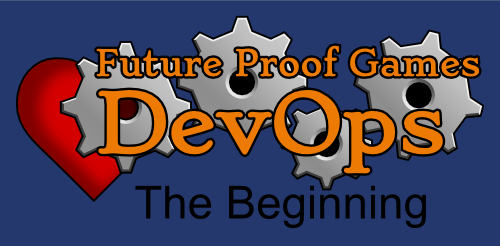

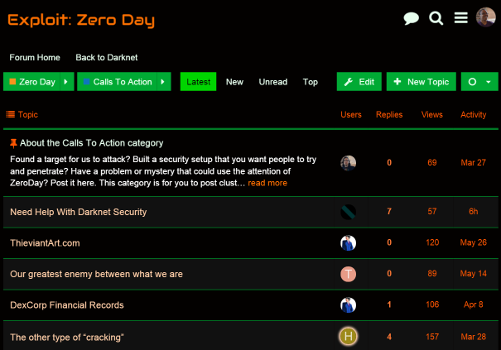
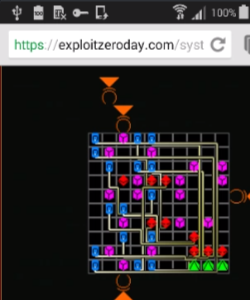
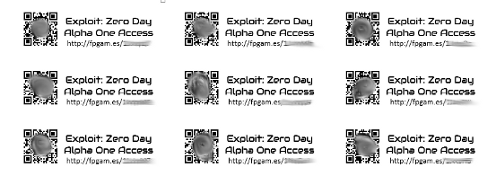
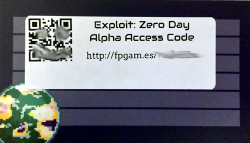

 View on YouTube
View on YouTube

